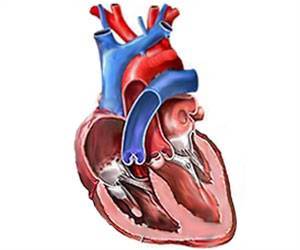
"We need to do a better job finding ways to help people not only change their behaviors, but maintain them over a lifetime," said Nancy T. Artinian, Ph.D., R.N., professor, associate dean for research and director of the Center for Health Research at Wayne State University College of Nursing in Detroit, Mich.
"As healthcare providers, we're pretty good at saying that you are at risk for a disease, you need to lose weight, be more physically active, and eat more fruits and vegetables. While that's easy to say, it's not easy for the person to actually translate it into their everyday life."
The statement is based on an extensive review of peer-reviewed scientific studies.
The researchers identified several critical parts of effective behavioural change programs, including healthcare providers using a motivational interviewing technique to encourage patients to make healthier lifestyle choices, counselling patients that occasional setbacks are normal, and scheduling recurring follow-up sessions with patients.
The most effective patient-controlled behaviours include setting specific goals for physical activity and dietary improvements, and keeping track of progress towards their goals, said Artinian.
Advertisement
The studies measured the effects of behavioural change on blood pressure and cholesterol levels; physical activity and aerobic fitness; and diet, including reduced calorie, fat, cholesterol and salt intake, and increased fruit, vegetable and fibre consumption.
Advertisement
Sacco added that the first step in making a change is to know your health status, "because a lot of people don't realize they're at risk for heart disease and stroke. The American Heart Association's My Life Check can help identify your risk level and offers simple steps to get started on the path to ideal cardiovascular health."
Although obesity, physical inactivity and poor diet are well recognized as major risk factors for cardiovascular disease, it's often difficult for doctors and nurses to help patients reduce their risk for an extended period.
They are faced with numerous obstacles, including time constraints, reimbursement problems and insufficient training in behavioural-change techniques, wrote the statement authors.
Despite these difficulties, Artinian said policy changes would eventually make critical interventions more readily available.
The study is published in Circulation: Journal of the American Heart Association. (ANI)
Source-ANI















